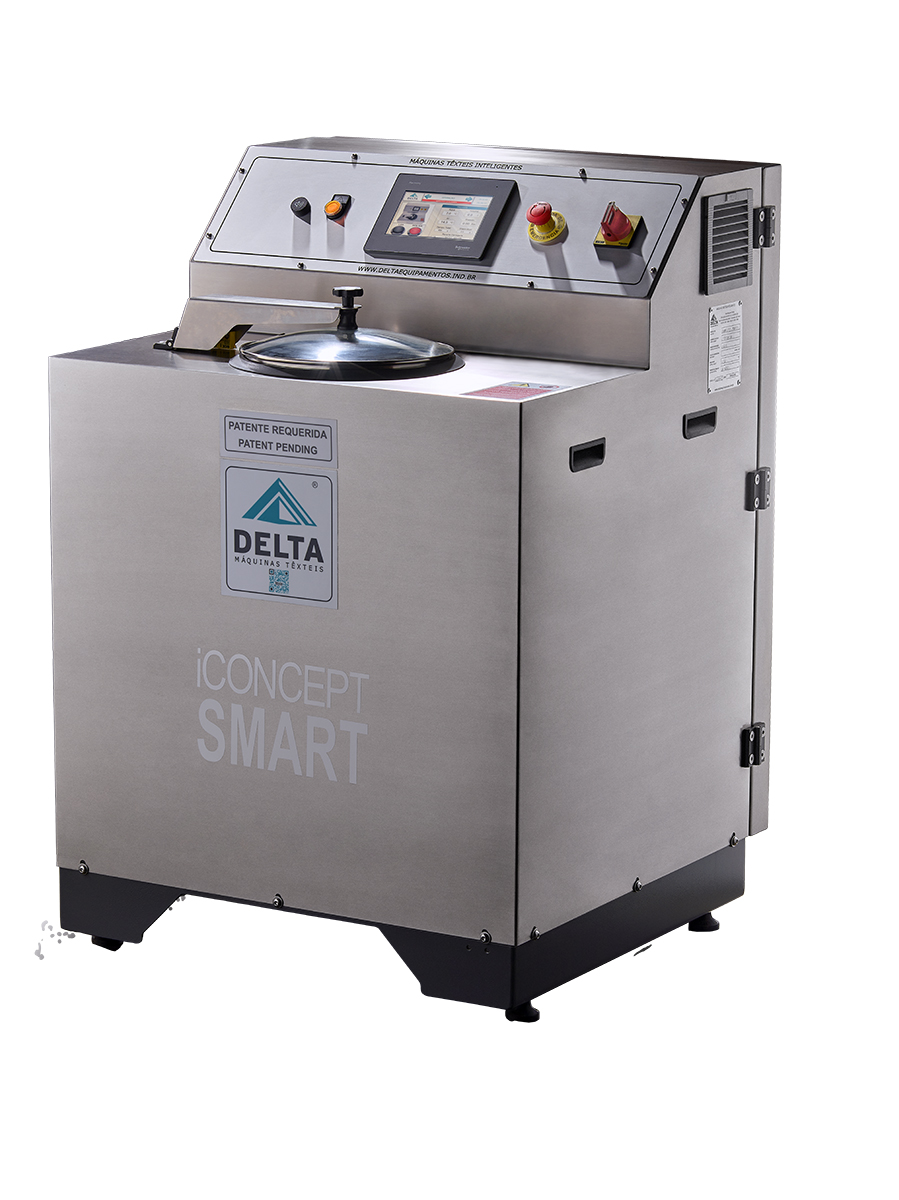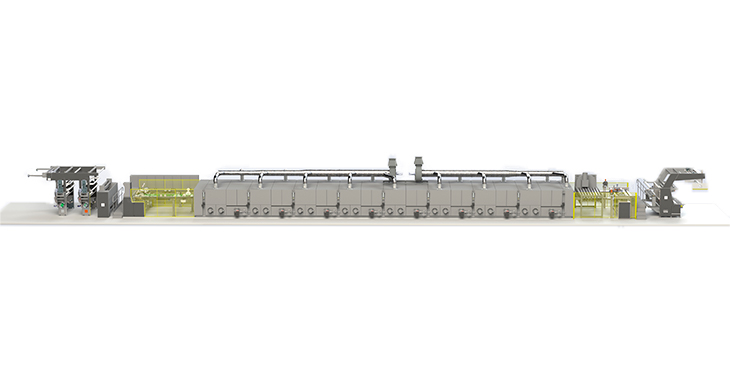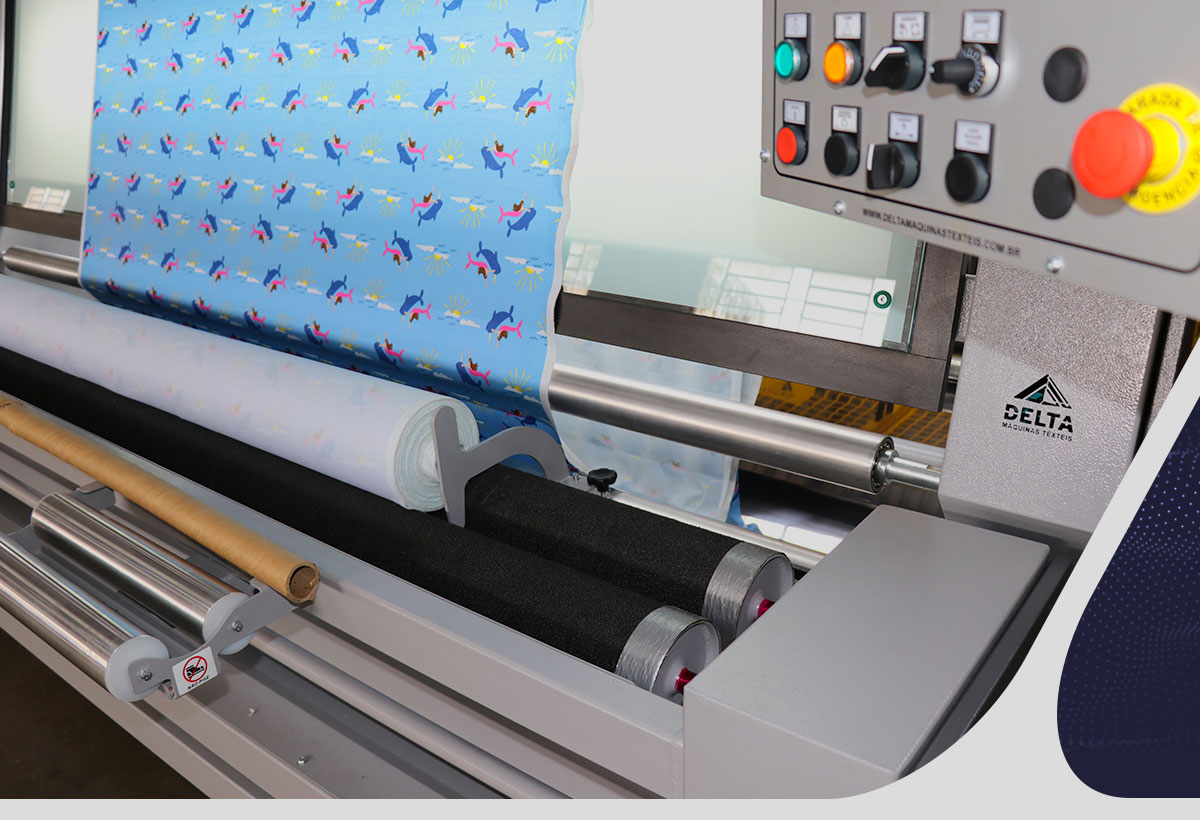The vast majority of textile product quality problems are related to a lack of investment in intelligent solutions. The inappropriate use of machines or their outdatedness are the main causes of companies’ low competitiveness in the market.
Are you curious? So continue reading to better understand this relationship and how to resolve the main negative impacts caused to your products.
Good reading!
What hinders the quality of the textile product?
The lack of quality of the textile product is generally linked to waste problems and low productivity. This is because there are still companies in the sector that use outdated equipment or equipment that is not suitable for the process in their production.
Such as, for example, the use of domestic machines for testing textile samples. This practice only generates delays and loss of material. Especially because this equipment was not developed to support textile demand or to collaborate with fabric quality inspection.
Likewise, some businesses still insist on not reviewing purchased fabrics. This harms the infestation phase and, therefore, the entire production chain. After all, during the opening of the fabric, to stack it in layers and thus cut it for the construction of molds, problems with dimensions may be encountered. As a result, the loss of material will be inevitable.
Furthermore, the lack of tissue tension control can once again lead to loss of pieces due to stretching and contraction. And the failure to invest in automation and process optimization generates delays, downtime and increases the chances of human errors.
These constant failures disrupt daily production activities and contribute to problems in finishing the product.. Furthermore, they cause negative effects on the image and financial health of the industry.
It’s that simple! Expenditure on material and time losses hampers the company’s profitability and profitability. Just as delays and lack of quality in the final product generate a bad reputation of the business.
Therefore, it is essential to invest in intelligent solutions to ensure more quality and less waste of time and money in your production. Thus, generating greater marketing prominence among more than 22.5 thousandproduction units across the country, according toAbit.
Discover the Delta Máquinas Têxteis solutions that contribute to the quality of the textile product
As we saw previously, it is still very common for companies in the textile sector to face problems with the quality of the textile product. Much of this is connected to resistance to the use of updated, intelligent and sector-coherent solutions.
So, to resolve these errors once and for all, below we have put together a list of Delta Máquinas Têxteis solutions. Check out the details and differences of each one to understand how they contribute to the productivity and quality of the sector.
Reviewers
Reviewers are the first to be mentioned among Delta solutions that help resolve problems in the quality of textile products. They are the answer to the lack of attention to the purchased fabric.
As we saw previously, the fabric review process was not very common in the sector. And many companies still continue to purchase their parts without checking the quality of the product and finishing. The risk in doing this is enormous.
Therefore, Delta, upon realizing this common issue, developed the Reviewer! She is responsible for inspecting and ensuring the size and weight of the meshes. Furthermore, it also promotes standardization and automation of this process. Which, consequently, generates an increase in productivity.
Today there are already several models of this smart textile machine, such as the Non-Stop (RNS170), the Mesh and Fabric (REV170), the Tubular (REV550), Flat Fabric (REV 110) and Mesh and Flat Fabric (REV450).
But, it is necessary to highlight the newest version of the REV170 Reviewer, the Smart Vision iConcept View. It relies on Artificial Intelligence to review tissue defects.
With it, the role of the operator will be replaced. This is because the reviewer’s camera performs the inspection and displays information about the fabric in the software (which may or may not be integrated with your ERP).
In any case, with Delta Reviewers, quality control becomes more assertive thanks to data collection. This allows process management to be guided by real information Furthermore, they increase productivity and quality due to automation and standardization.
Sample Washer

Now the Sample Washer is a Delta solution to replace the inappropriate use of domestic machines for carrying out shrinkage tests. Now, a process that would take, on average, 3 hours, can happen around 15 minutes.
This is an intelligent machine that speeds up the washing and drying processes and evaluates the percentage of fabric shrinkage. In doing so, it contributes to solving one of the sector’s biggest problems: lack of stability in part sizing.. Therefore, it also helps to avoid material losses and promotes cost reduction.
The Delta Sample Washer has wash, spin and dry cycles, as well as determines the percentage of shrinkage and twist. These features facilitate monitoring of the production process, generating product quality.
Several companies are already using the Sample Washer to guarantee agility, productivity and quality in the process. And Havan is one of them. Click here to learn about this case and be inspired by the history of the retail giant.
Hydro Sprinkler Station
The Hydro Sprinkler Station solves another quality problem of the textile product: difficulty in controlling the tension of the fabric. It recovers residual moisture from knitwear and fabrics lost during the finishing/drying process.
In other words, depending on the composition of the mesh, with this Delta solution it is possible to improve the fit, sewability and final touch of the piece. Which, of course, generates gains in quality, productivity and profitability!
Products can also be applied here for a more differentiated finish, with the help of adjusting the fiber’s natural regain. And it is possible to enter the weight and composition of the fabrics manually, too.
The solution also allows the creation of “recipes”. In other words, pre-established configurations for certain materials. This is a detail that makes operations much more agile and productive.
Automatic Wrapping Machine
The Automatic Wrapping Machine guarantees the complete quality of the textile product! This is because it promotes the perfect finish during the packaging process. All this while ensuring a reduction in plastic consumption and, consequently, costs by up to 20%.
After all, it makes the most of the raw material, eliminating the incidence of burrs and waste. It has a sensor that defines the necessary amount of plastic to be used, depending on the diameter of the roll.
To add, the machine is capable of packaging 240 rolls per hour. Also carrying out weighing and labeling. This generates important gains for market competitiveness.
The Automatic Wrapper is ideal for continuous processes thanks to the possibility of direct integration with Reviewers. It can also be used in the packaging of other materials, such as paper, laminates and similar segments.
And it is worth highlighting that, when automated, the packaging of rolls becomes more agile and precise. Thus increasing by approximately 80% productivity of this stage.
Textile Stenter

Finally, the quality of the textile product can be completely assured with the help of Textile Stenter Delta! It is synonymous with produtivity, agility and efficiency.
The solution ensures that, in a single process, several other activities occur. Such as, for example, the impregnation of chemical products, structure alignment, drying and thermofixation of fabrics.
And it is through the automation of these steps that the machine offers touch, weight and dimensional stability. Everything in one place and with great security and agility! Therefore, it can reach up to 50 meters long.
As a result, production becomes more efficient and the performance of activities begins to generate more positive results! Because its greatest competitive advantage is the technology applied to the product.
That is, it integrates data in real time with the ERP, ensuring better monitoring and control of process variables.
To learn more about the details of Textile Stenter, click here and access complete content with the details of this machine.
What’s next?
Given what is presented in this text, we can conclude that if you still have problems with the quality of the textile product, it is because you have not yet invested in Smart Machines!
And here at Delta Máquinas Têxteis we have solutions that help eliminate these adversities, generating the complete improvement of your production.
So, talk to one of our consultants now to understand, in a personalized way, how Delta can contribute to the development of your industry!


